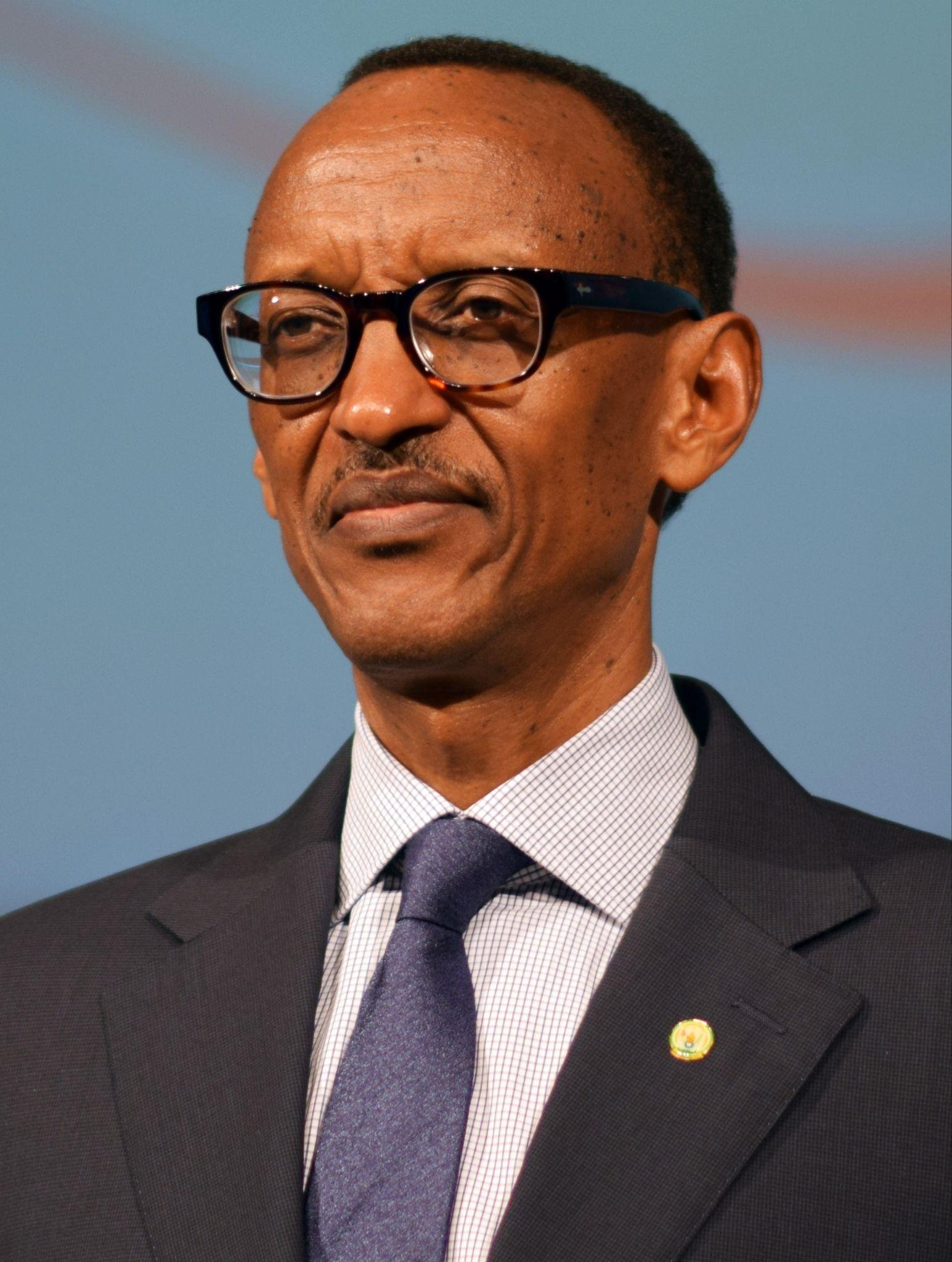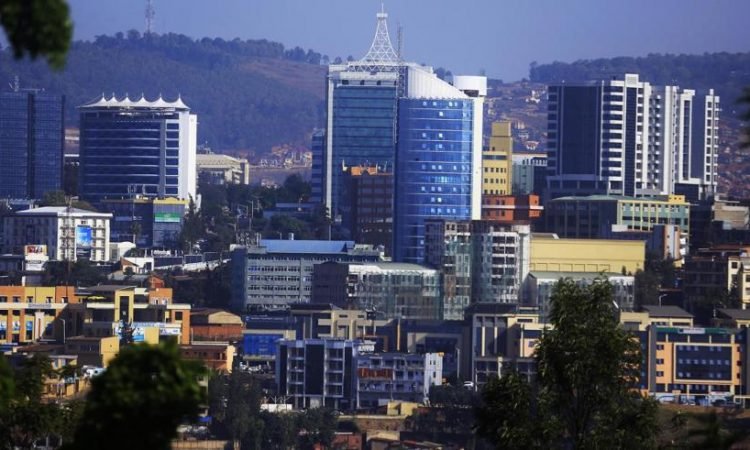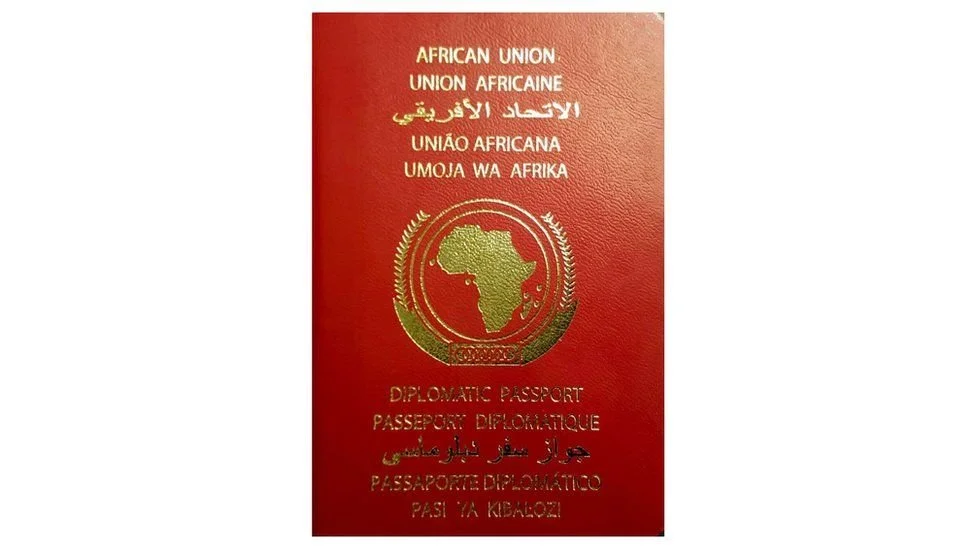Rwanda's Passport Revolution: Breaking Borders for a Pan-African Era of Economic Empowerment!
By: Vennisa Owusu-Barfi
Building on the recent announcement by President Paul Kagame of Rwanda, the decision to allow visa-free travel for all Africans marks a pivotal moment in the continent's quest for unity and development. As Kagame emphasized during the 23rd Global Summit of the World Travel and Tourism Council in Kigali, this move is a strategic step toward transforming Africa into "a unified tourism destination."
President Paul Kagame
The significance of Rwanda's decision is underscored by its potential impact on the African tourism sector. With 60% of the continent's tourists currently coming from outside Africa, the move to eliminate visa restrictions aims to shift this paradigm, encouraging Africans to explore the diverse cultural and natural wonders within their own continent. Kagame emphasized this during his announcement, declaring that any African can now board a plane to Rwanda at their convenience, without having to pay an entry fee.
Kigali, Capital of Rwanda
Source: Rwanda Tours
Rwanda's visionary stance is not an isolated one. Kenya's President William Ruto, following suit, recently announced plans to implement visa-free travel for all Africans to Kenya by December 31. The shared sentiment among African leaders is that visa restrictions impede not only the movement of people but also the flow of business, entrepreneurship, and, consequently, economic growth.
Proposed African Union Passport
Source: BBC
President Kagame's call for African nations to focus on their own continental market is a nod to the untapped potential within Africa itself. As the middle class burgeons across the continent, there is a growing market for tourism, business ventures, and investment opportunities. By fostering a sense of unity and interconnectedness, African nations stand to gain from the collective growth that comes with an open and accessible continent.
Rwanda's move positions it among a select group of African nations, including Gambia, Benin, and Seychelles, that have already removed travel restrictions for Africans. This emerging trend is a testament to the growing realization that visa restrictions are counterproductive to the shared goals of the continent.
The African Union's initiatives, such as the African Passport and the African Continental Free Trade Area (AfCFTA), align with Rwanda's bold move. The African Passport, launched in 2016, aims to facilitate free movement and enhance the ability of Africans to travel, work, and live within their own continent. While currently issued primarily to diplomats and AU officials, the long-term vision is for it to become a widely accessible document.
Aerial view of nighttime Kigali
Source: Rough Guides
The AfCFTA, estimated to be worth $3.4 trillion, seeks to create a single unified market for Africa's 1.3 billion people. Rwanda's decision to remove visa requirements aligns seamlessly with the goals of the AfCFTA, as easier travel enhances the prospects for cross-border trade, collaboration, and economic development.
In conclusion, Rwanda's commitment to visa-free travel for all Africans is a transformative step towards realizing the African Union's vision of a united, prosperous, and interconnected continent. As other African nations follow suit, the barriers that have long hindered intracontinental travel are crumbling, paving the way for a future where Africa stands united for the collective benefit of its people and the advancement of the continent as a whole.



